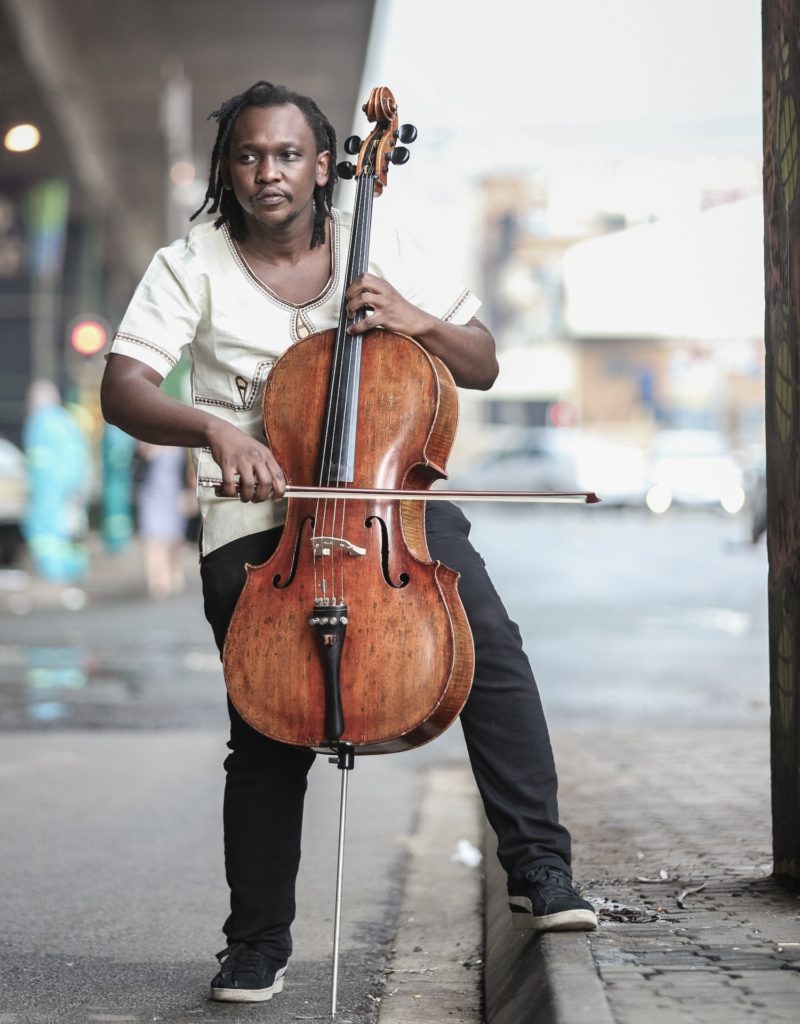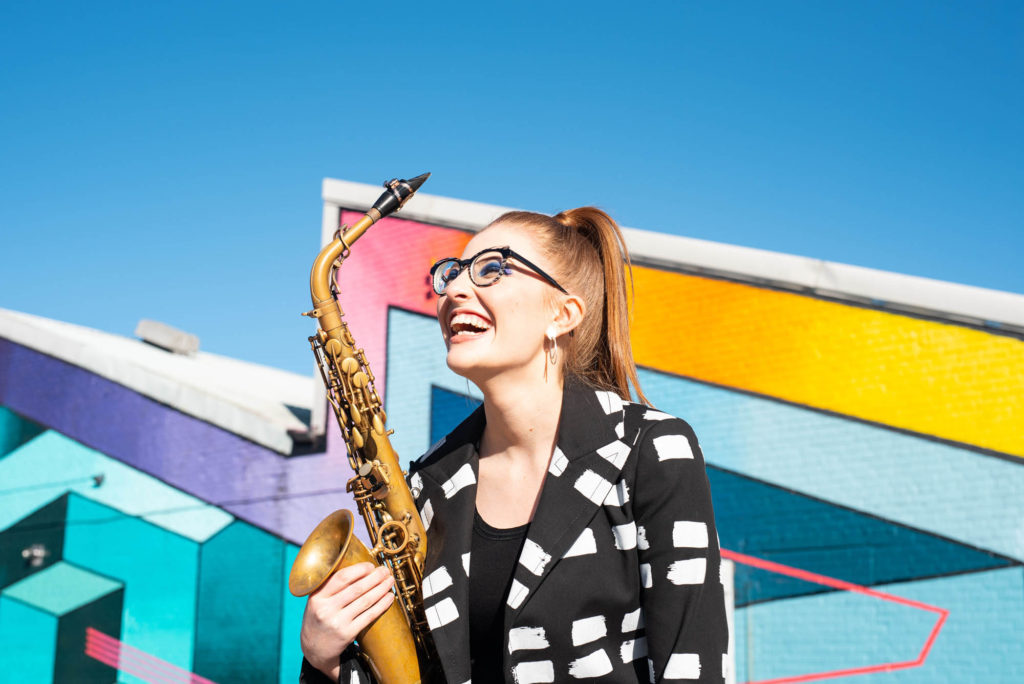
Ryedale Festival: Abel Selaocoe, Birdsall House, Birdsall; Jess Gillam Ensemble, St Peter’s, Norton, both July 22
THURSDAY brought two of the musical world’s most engaging characters to Ryedale. Say the name “Abel”and you can only mean the cellist Abel Selaocoe. Similarly with “Jess”, which has to be saxophonist Jess Gillam.
Both are early in their careers, have rocketed to fame and are setting new trends. Essentially this means that you go to hear them, rather than looking to see what they intend to play. So the music becomes less important than the musician. Nothing wrong with that.
Abel’s appearance in the morning covered a whole gamut of genres, crossing boundaries with the flick of a bow. He is a man whose vivid imagination is more than matched by the versatility with which he puts it into play.
He began and ended with improvisations strongly flavoured by his South African background – singing, Sprechgesang, growling throat-song, Xhosa clicks and, yes, cello, including percussive effects. He constantly surprises, which is all part of the fun.
But he also played two movements from a Bach solo suite, which were frankly mesmerising. He threw in plenty of rubato, but it all seemed to fit. Bach would have loved it.
Elsewhere he was gamely supported by the piano of Benjamin Powell, as in Macmillan’s Kiss On Wood, where the early dissonances dissolved into an ethereal contemplation, exactly as they should in a piece inspired by the Good Friday versicle Ecce Lignum Crucis.
Shchedrin’s In The Style Of Albéniz was well geared to Abel’s flashier side and none the worse for that. We could sit back and admire his – and Powell’s – virtuosity. There really seemed to be something of the Spaniard in them both.
Giovanni Sollima’s Lamentatio may be becoming a little hackneyed but it is always a tear-jerker when played like this, soulful and plaintive at its close. It just proved once again what a chameleon Abel is. You cannot but be inspired by his enthusiasm.

In her evening appearance, Jess was joined by seven other musicians – a string quintet (including double bass), a xylophonist doubling on marimba, Elsa Bradley, and a pianist, Leif Kaner-Lidström. For almost the whole programme, she used a soprano saxophone, which sounded much like a full-bodied clarinet since she used no vibrato.
In an arrangement of Alessandro Marcello’s Oboe Concerto, with the five strings in support, she delivered a gorgeous slow movement, its long lines yielding easily to her breath control, and was contrastingly sprightly in the finale. John Harle’s Flare was an exciting compendium of sax effects (Harle was a player himself), which involved the ensemble in clapping, alongside frenetic whirls and cross-rhythms.
She had set the scene with a Meredith Monk solo, Early Morning Melody, evoking sunrise. Elsewhere she seemed to be in thrall to minimalism. No harm in a little Philip Glass – here a piece intended for saxophone, Melody No 10. One or two other works were pale imitations that verged on “easy listening”.
Bjork’s gently jazzy Venus As A Boy was pleasing. Jess reserved most of her true personality until the end. In an arrangement of Piazzolla’s Histoire du Tango, she first rocketed around the spectrum, then turned wistful and lilting, before a no-holds-barred ending that screeched erotically.
A little more of this kind of variety might have enlivened the programme still further. But she picks her support wisely: they shadowed her every step of the way.
Review by Martin Dreyer
